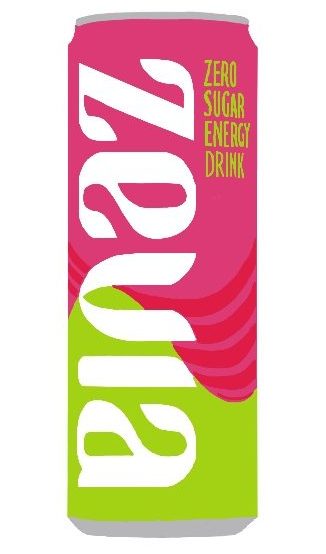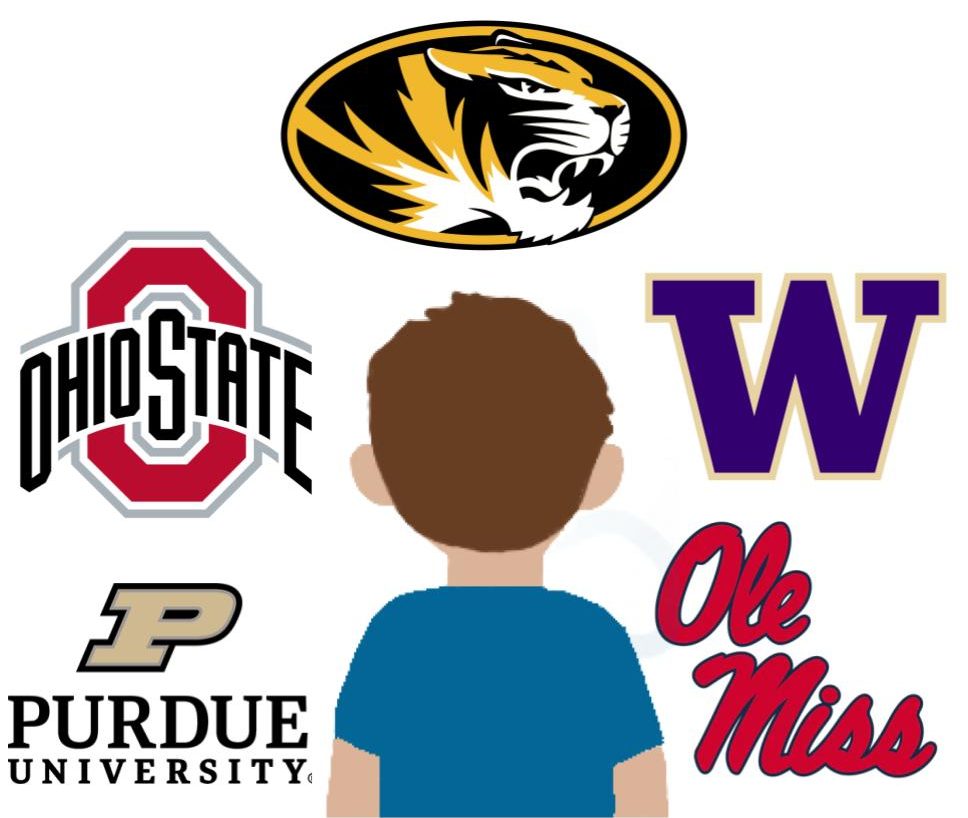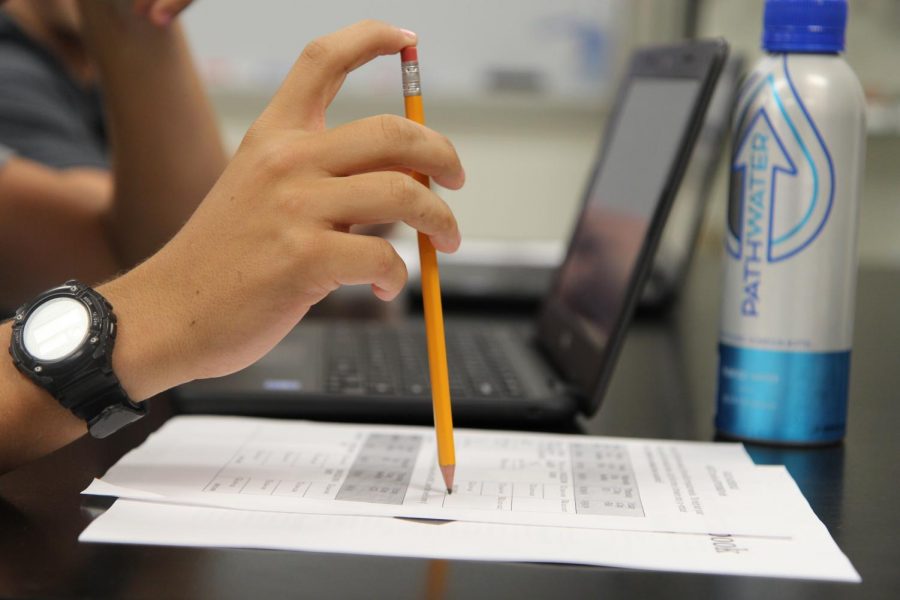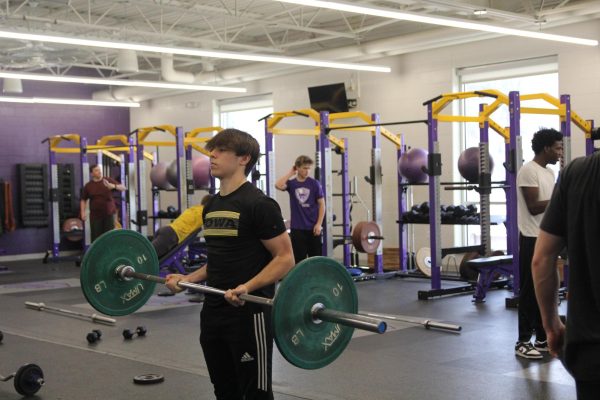College Challenges: How COVID-19 has changed the world of college admissions.
COVID-19 has posed many challenges to the year 2020, but seniors and rising juniors are beginning to feel another effect from the pandemic.
College admissions have changed, not only in the way students apply but the way students are accepted.
More than two-thirds of US four-year colleges and universities have gone test-optional. Test optional applications do not require an ACT or SAT to be submitted with the student’s transcript.
“What this means is colleges will put more emphasis on grades, essays, recommendation letters because when they have one piece of data missing, they’re going to put more emphasis on the other things in the application,” Jeffery Buckman, Eureka’s college counselor, said. “That’s the biggest shift I’ve seen is students not knowing if they should submit a test score or not because for some schools, let’s say you have a 3.9 GPA and a 23 ACT, normally you submit both and that’s not good enough to get into, let’s say, Notre Dame, but now if you don’t submit the 23 and have the 3.9, you have a better chance. We don’t have answers back yet, because kids have just now applied.”
While test-optional applications have become more common for the Class of 2021, it is likely this will carry into the application process for the Class of 2022 as well.
“We’re still in a COVID environment, and the vast majority of colleges didn’t decide to go test-optional until right around August when they knew seniors would be getting ready to send in applications. The junior class is going to be the same thing,” Buckman said.
While test scores will shift the admissions process, it will also shift the financial side of the application process, affecting the way students will earn scholarships.
“Another thing that has changed is the money piece. Most colleges give you a scholarship based on test scores and GPA and as test scores and GPA go up, so does that money. Now they’re rewarding money based on GPA, that is going to mean that in order to get a scholarship, that GPA is going to have to be higher,” Buckman said. “For example, if Mizzou says typically we have a 3.5 and a 26 ACT, that’s that first level of money. They have said if you don’t submit a test score, just GPA, now to get any money it’s now going to have to be a 3.8. So students who are applying test-optional, when you get in, it’s going to take a higher GPA to get more money.”
Despite many colleges going test-optional, students should still take the test, whether they submit it or not.
“If you have the opportunity, take the test. I’d rather you have more things in your tool kit than not enough, and if you don’t need it, you don’t need it,” Buckman said.
Besides test scores and grades, other factors of the application process, mainly recommendation letters, essays, and extracurriculars, are changing in terms of what is expected from students, especially for a more selective school.
Extracurriculars are challenging for students to maintain in a virtual environment, another change colleges have had to take into account.
“They understand things have been canceled. Meaning your internship, your job, your sport is canceled across the board, so they’re not going to penalize the kid who couldn’t do something they normally could do. Now, again, that means fewer data pieces to make that decision, so if you don’t have a test score and you don’t have things you’ve done extracurricular-wise then they’re going to put more emphasis on your grades, your essay, and your recommendation letter,” Buckman said.
For students looking at more selective schools where extracurriculars offer an advantage in the application, getting creative in a virtual environment is a solution.
“If you can’t get a job or you can’t get an internship because it’s canceled, that doesn’t mean sit back and do nothing. In the virtual environment, there’s a lot of stuff you can do virtually based on your interests,” Buckman said.
With virtual learning, it can be hard for students to connect with teachers, a vital process to getting strong recommendation letters.
“For juniors, don’t force stuff. Don’t schedule a time during student resource time to just have a conversation with a teacher during that time, just for that sake. At the same time, if the teacher is asking questions, answer the question. Don’t be afraid to raise your hand and speak up. They’re still going to write about the quality of work and things like that, but the letter is about the student, how they are conversationally, are they engaged, are they helpful in class, things that you would normally do in person,” Buckman said.
The application requirements will vary depending on the selectivity of the school, in which test scores, recommendation letters, essays, and extracurriculars will play a greater role.
“For 85% of colleges in the country, this is not the situation, but more for a selective school. A vast majority of kids are going to be fine, from my understanding,” Buckman said.
Colleges have also added a COVID-19 question on the application, where students have the opportunity to explain how COVID has affected their application in any way, whether it be a slip in GPA or a canceled extracurricular.
“Students are all in the same boat across the US. Some are in-person and some are not. Colleges are not going to penalize students who are virtual versus kids who are in-person all year. They’re going to judge a kid on the situation they are in.” Buckman said. “Part of the application process, and there’s a new question, says ‘has COVID-19 affected you in any way.’ Colleges will not judge you on your situation and compare you to other students and their situation.”
For seniors, priority should be given to submitting applications and diversifying where they submit their application.
“Have a wide range of colleges to apply to. Whether it’s those you know you’ll get into and those that are a stretch, but also those you know you can afford as a family and those that are a stretch,” Buckman said.
As for juniors, focusing efforts academically is currently the best way to prepare for college application season the next coming fall.
“The number one thing I can recommend is grades, grades, grades. There are direct correlations between grades and test scores and grades and scholarships. I’m not saying become a bookworm and nothing else, but colleges are looking at three years of GPA for admission. Solely focus on that, and then layer on top of that what else you can do,” Buckman said.
The college admissions process is full of unknowns for senior and junior classes applying in the next years, so while students should focus on themselves academically, it’s important to focus on mental health during the stressful college application season as well.
“Take care of yourself academically, and focus on your mental health, which is number one. If there is time to add things to your schedule, where you can do things of your interest or your passion, don’t just do it so you can do it,” Buckman said.
Your donation will support the student journalists of Eureka High School - MO. Your contribution will allow us to purchase equipment and cover our annual website hosting costs.

Grace is editor-in-chief and this is her third year on staff. Outside of The Bugle, she is involved in Speech and Debate, National Honor Society and E!CREW....




















